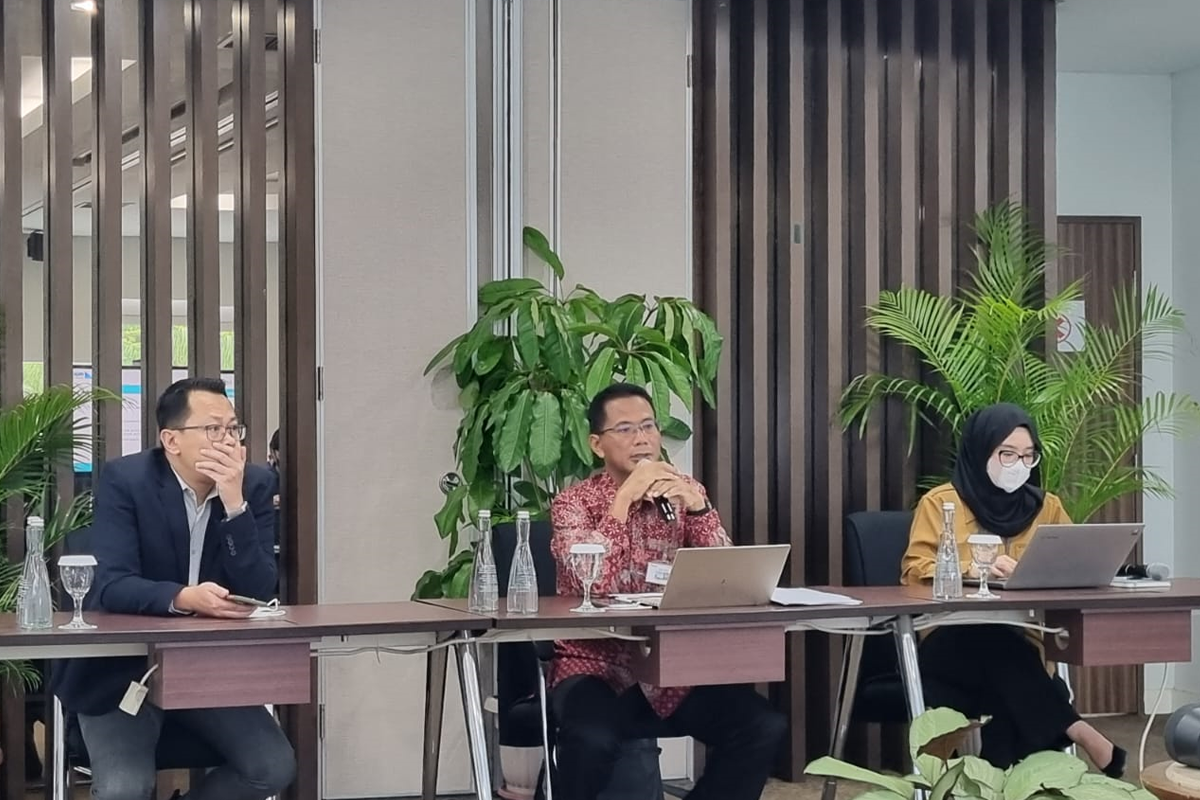Recognizing Risks in Customs Process
Thursday, 27 October 2022

JAKARTA. International trade activities, both exports, and imports, cannot be separated from customs affairs.
Therefore, every businessman whose activities are linked to international trade must really understand customs procedures.
Some of the customs obligations that must be fulfilled by exporters and importers include, firstly, making customs documents.
Secondly, submit customs documents during an audit to pay import duties for import activities or export duties for export activities and tax obligations that may also arise.
All these processes have their own risks if they are not fulfilled properly and in accordance with applicable regulations.
Read: Indonesia Accelerates 0% Import Duty on ASEAN, China and Hong Kong Products
MUC Consulting's Customs Director, Bambang Sabur, said that importers often think that they will not have any problems after the importation. "In fact, the risk only emerged later," said Bambang, Wednesday (26/10).
For this reason, every customs process must be carried out carefully, especially related to data entry in customs documents.
Risk of Filling in Incorrect Data
Some types of data in customs notices that often occur errors include, the description of goods and the classification code of goods as well as the calculation of customs values.
Regarding filling in the description of goods and classification codes, Bambang reminded not to make mistakes. Because if one number or letter is incorrect when entering the classification code, the risk will be fatal.
For example, goods that should have received facilities, due to incorrectly entering the classification code for the facilities, cannot be used and will still be subject to import duties according to generally accepted tariffs. Therefore, it is necessary to double-check.
Dispute Customs Value
According to Bambang, another problem that often arises and causes disputes is the determination of the value of import duties. Often customs officials find certain costs that should be included in the calculation of the customs value but are not taken into account by the importer.
Simply put, the customs value is the transaction value. Thus, the amount of money paid by the buyer to the seller is the basis for the customs value. Problems will occur, when there are certain costs that are not included in the invoice but are considered part of the transaction by customs and excise officials.
This was shared by Bambang in a customs seminar held in hybrid, offline and online with the theme: Do(s) and Don't(s) for Importer and Bonded Zone Company. This event was organized by Suryacipta Center of Information (SCI) and supported by MUC Consulting.
In his remarks, Surya Cipta Senior Marketing Manager Indra Wicaksana said that this seminar was held with the aim of providing actual information in the customs sector.
"This webinar is the result of collaboration with partners who are competent in their fields," Indra concluded.


